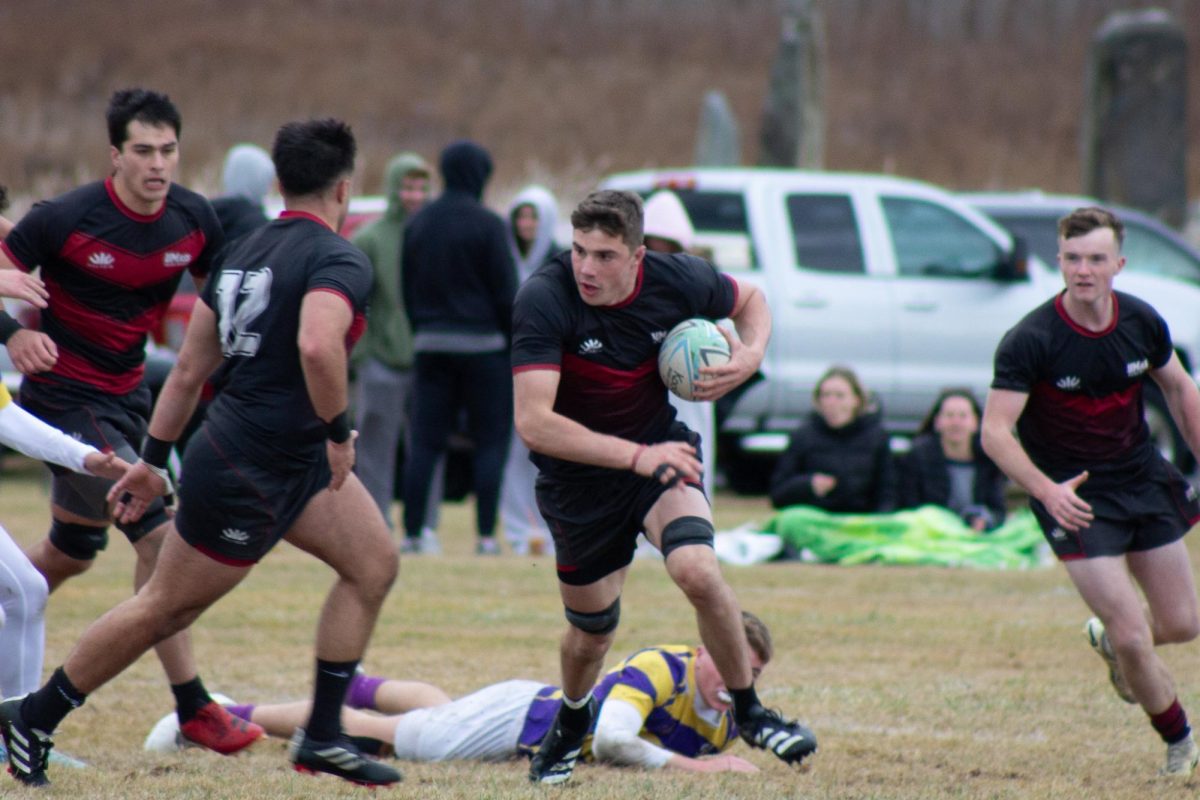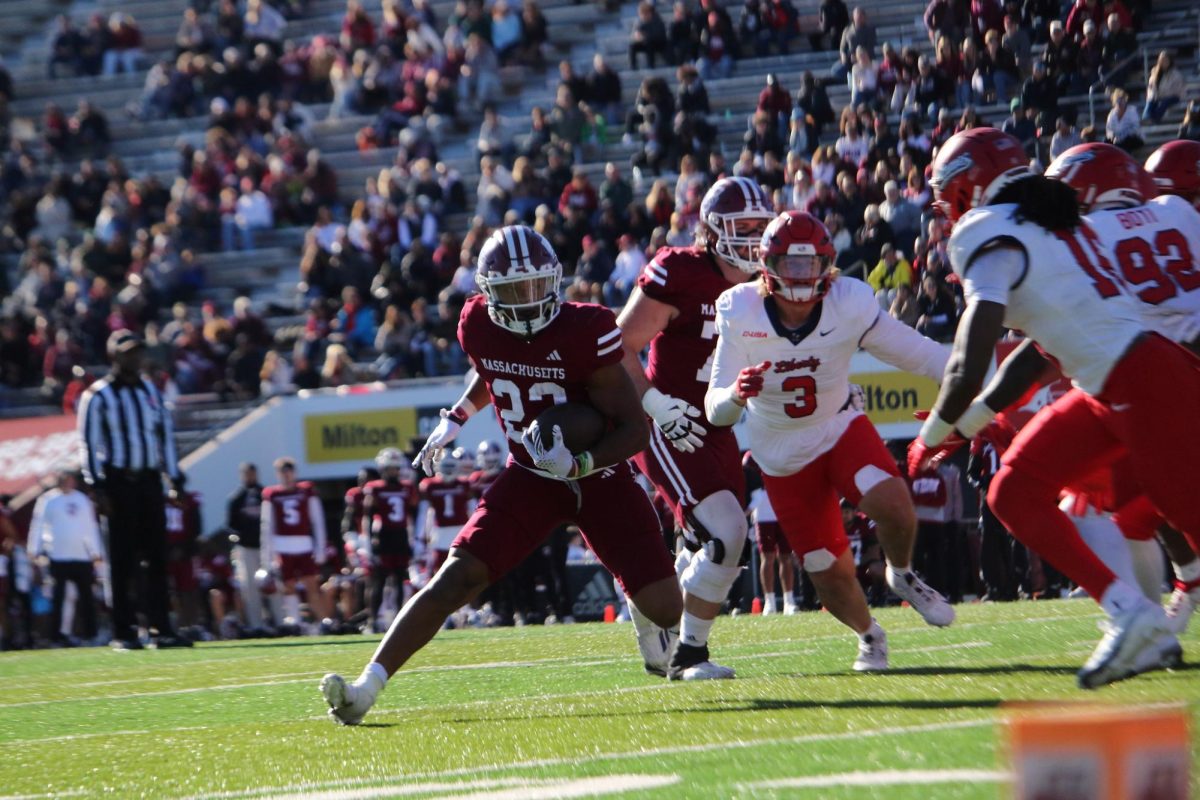
University of Massachusetts sociology professor Donald Tomaskovic-Devey is one of eight international recipients of the Anneliese Maier Research Award from the Alexander von Humboldt Foundation this year.
The Anneliese Maier Research Award is a collaboration award to promote the internationalism of the humanities and social sciences in Germany. Nominations for researchers are made for those whose scientific achievements were internationally recognized in their research area. Recipients are given the opportunity to collaborate with specialist colleagues in Germany to create a sustainable contribution toward internationalism of the humanities and social sciences in Germany.
The money comes from the Humboldt Foundation, but the award will be administered by the UMass at the Institute for Social Science Research. Some of the money covers traveling expenses, some supports UMass students and some will support the researchers in Germany Tomaskovic-Devey will be working with.
The researchers that Tomaskovic-Devey will be working with are pending, and the area of study is still under construction, but Tomaskovic-Devey said he sees three core areas, including, “the development of models of relational inequality in workplaces, gender and ethnic bias in wage setting, and empirical studies of labor markets as social networks.”
Tomaskovic-Devey earned his Bachelor of Arts in sociology at Fordham University in the late 1970s, and went on to Boston University to work on a Ph.D. Although he considered psychology for a short period during his undergraduate years, Tomaskovic-Devey pursued sociology. He focuses on issues of inequality.
“The explosion of interest and outrage in the high levels of US inequality that we see around us today have certainly made my work more relevant to a wider audience,” Tomaskovic-Devey said.
He is currently working on projects on how the increased power of big banks has increased inequality and weakened the power of regular people, long term trends in racial and gender employment segregation, and basic theoretical and empirical models of the generation of organizational inequalities.
Tomaskovic-Devey had parents who had strong commitments to social justice, which he believes was passed on to him, leading him to this area of study.
“Growing up in the 1960s and 1970s reinforced the recognition that we have social responsibilities for each other and to create a more just world,” he said.
Ultimately, Tomaskovic-Devey moved to the science of inequality as opposed to direct activism because he believes sociology was the right science for those convictions.
For the past few years, Tomaskovic-Devey has worked with colleagues at Bielefeld University, located in Northwest Germany, on the problem of inequalities at work, using a data collection project in which both employees and employers were surveyed. Employees were asked about their experiences, while employers were asked about their human resource practices.
Tomaskovic-Devey said his research“has been central to the development of their project and [he] was consulted on the development of their project.”
The Bielefeld group nominated Tomaskovic-Devey to the Humboldt Foundation for the award, describing his research interests, possible collaborations with their project and the contribution of his work to the internationalization of German science.
Tomaskovic-Devey will be teaching a sociological methods course this spring semester as well as a graduate course in economic sociology. He expects to teach the Social Class and Inequality class and research methods routinely over the next few years, but he may only teach one class, or none at all if the award takes him to Europe over the next few years.
Tomaskovic-Devey is invited to lecture to Ph.D students in other universities, and lectured earlier in the month at Science PO, which is a social science university in Paris.He has presented three lectures and consulted with a number of Ph.D. students.
He hopes to foster further international collaborations focusing on the causes and consequences of workplace inequalities, with the goal of discovering and revealing organizational and institutional practices that lower inequality while producing settings where people are both respected and rewarded.
In his downtime, Tomaskovic-Devey said, “I make beer, run and walk for exercise, garden, go fishing in the spring and summer, but overall I work too much for my own good. But I do love it.”
Catherine Ferris can be reached at [email protected].


















